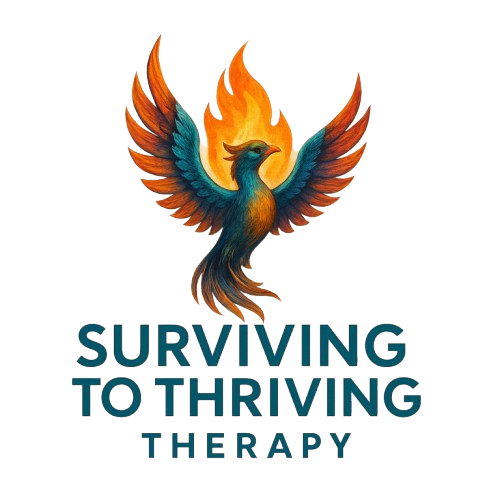Attachment Wounds from Parents’ Mental Illness
When you were a child, growing up with a parent who had mental health struggles may have been one of the most confusing and overwhelming parts of your life. You likely sensed that something was wrong — shifts in mood, unpredictable behavior, or periods when your parent seemed emotionally unavailable. You may have felt scared, worried about your parent’s safety, or unsure if they would be okay. Some children in this situation take on caregiving roles or feel responsible for keeping the household together. Others experience a deep sense of isolation or shame because they don’t feel they can talk about what’s happening at home.
If your parent was admitted to a psychiatric hospital, it might have been the first time you were separated from your parent, and the fear of the unknown could have felt overwhelming. You may not have understood what was happening, what it meant for your future, or if your parent was coming home. If hospitalizations happened repeatedly, each visit may have felt scary or confusing all over again. Experiences like these can leave deep marks — not only anxiety or sadness at the time, but also attachment wounds, such as feeling insecure, abandoned, or unsure if you could trust the adults around you.
All of these experiences can leave lasting marks. Even without hospitalization, having a parent with untreated or severe mental health challenges can create attachment wounds — feelings of insecurity, abandonment, or confusion about trust and safety. You may have grown up believing you had to be ‘the strong one,’ or that your needs didn’t matter.
The good news is that healing is absolutely possible. As an adult, therapy and support can help you make sense of those early experiences, soothe old fears, and build a greater sense of safety and connection in your current relationships. Approaches like trauma-informed or attachment-focused therapy, EMDR, or somatic therapies can help you process those memories, release shame, and develop healthy coping skills. They can also support you in forming stronger, more secure bonds with partners, friends, or your own children.
It’s never too late to heal from growing up with a parent who struggled with mental health problems. With consistent support, compassionate guidance, and a focus on your own emotional needs, you can reclaim the stability, trust, and self-worth you deserved as a child — and begin to thrive as the adult you are now.
